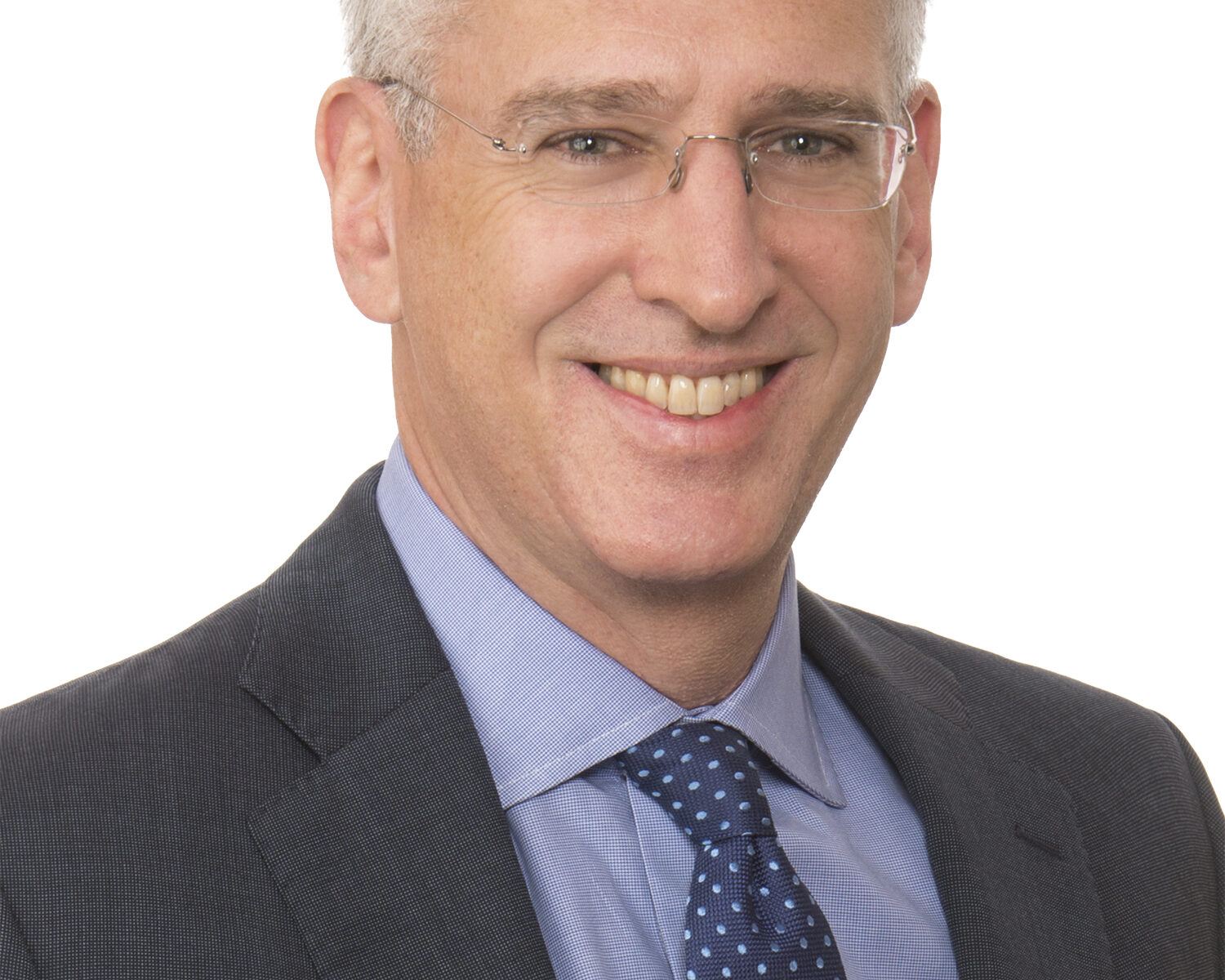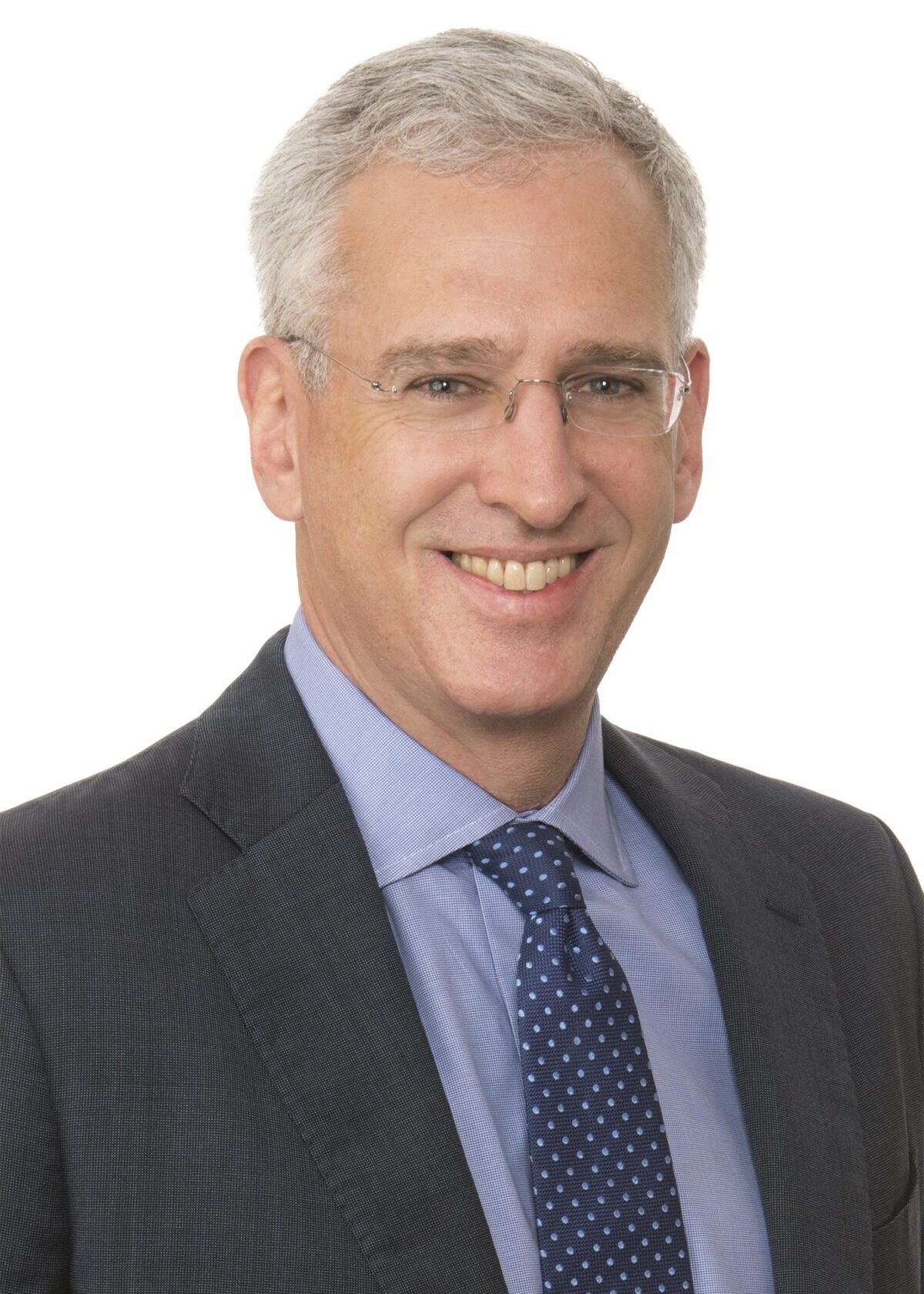You recently began your second term as Cleary Gottlieb’s managing partner. What surprised you the most during your first three years leading the firm?
I now have an appreciation for what music fans refer to as Bob Dylan’s ‘Never Ending Tour’ – lawyers are often on the road, but the life of a managing partner entails visiting colleagues, clients, alumni, and others in person at a much more frequent pace. I think I logged enough miles during my first term to travel to the moon and back!
It’s been an amazing experience spending time at our 16 offices and other key locations each year. Since day one in my position, it’s been very important to me to foster greater communication and connectivity with internal and external audiences, and to learn first-hand what’s happening in their practices, businesses, and lives.
What’s come as no surprise – and what’s been arguably the greatest reward – is the opportunity to witness the commitment to what Cleary stands for, no matter the office or practice. We remain a firm where people are mutually respectful, and where collegiality and fairness are prized. These traits have translated into a deep loyalty among lawyers and professional staff, which has enabled us to serve our clients exceptionally well. It’s been a privilege for me to experience this as managing partner, and I’m looking forward to the next three years.
How do you balance your leadership responsibilities with managing an active private investment fund practice?
In my view, the two areas are closely intertwined, so it doesn’t feel like a balancing act. I spend a great deal of time with our lawyers discussing how we can remain the firm of choice in a highly competitive environment, and I work with our leadership team to ensure they have the support necessary to meet this goal.
To me, the best way to demonstrate our firm’s commitment to providing the best possible client service is to ‘walk the talk’ as managing partner: like my colleagues, I’ve had the privilege of working with many leading businesses whose senior executives view me as their trusted advisor on the most sensitive and complex matters. Through my funds practice and my leadership role, I’m able to reaffirm the importance of deepening our connections with our clients by understanding their goals and delivering exceptional service.
Law firms are talent businesses – they don’t have warehouses, factories, or patents; they have their talent, experience, and expertise
You’ve described yourself as Cleary’s ‘Listener-in-Chief’. What insights have clients shared with you about their outside counsel expectations in today’s environment?
Since becoming managing partner, I have spoken with nearly 300 clients. Much of that time is spent discussing their plans for growth, changes in their lines of business, and understanding what keeps them up at night. During these conversations, I’m trying to get a sense of the direction of our clients’ businesses so that we can assess how we can better serve them.
The discussion typically also covers how we’re doing – what’s working well in the Cleary relationship and what can be improved; what other law firms are doing that we should do more of; and, generally, how the client views its relationships with law firms. Clients often ask specific questions, including what we’re doing to address diversity and inclusion, how we use technology, and about our environmental sustainability practices. The frequency with which these questions occur has shown me that clients expect their counsel to understand the broader environment in which our businesses operate. They expect law firms to address important, timely issues as well as provide expert legal advice.
What about internally – what are you hearing from your fellow partners, as well as associates and business professionals, about what’s needed to serve clients?
I often hear from partners and colleagues that clients value our understanding of topics that are regularly on their minds and frequently discussed in the legal press – topics that go beyond providing excellent legal service. Engaging with clients on these topics, particularly when we raise them proactively, is an important indicator that we are attuned to their interests.
Strengthening relationships with clients requires our teams to think strategically about their businesses, industries, and what’s going on in the world – all of which go beyond their day-to-day legal work. Ensuring that our lawyers, at every level, have access to mentoring, training, and development opportunities is a key component of building this skillset.
The idea of feedback is also at the core of what I’m hearing internally about serving our clients. Our lawyers want to give and receive feedback – both from their colleagues and from their clients. We’ve recently rolled out a global feedback programme for associates that includes an upward review process for the senior lawyers with whom they work. On the external side, we’re continuing to expand our client feedback interview programme, which allows us to learn more about what’s working in our client relationships and what we can improve upon. Implementing this feedback is an integral part of deepening our relationships with our clients and continuing to achieve successful outcomes for them.
I believe technology will, in the near-term, have a more significant impact on the way firms work internally and run their businesses than it will on their work with clients
What do you think firms need to do to ensure they’re retaining great talent?
Attracting and retaining talent is one of the most important aspects of any law firm’s success. Law firms are talent businesses – they don’t have warehouses, factories, or patents; they have their talent, experience, and expertise. I’m often reminded that the strength of our firm and the strength of our client relationships are both functions of our talent and our community.
Shifts in our industry – including an ever-broadening range of career paths for lawyers beyond BigLaw and succession issues due to partnership demographics – make talent retention even more challenging. With this increased competition for attracting and retaining talent comes the responsibility of law firms to consider and improve their talent strategies.
Cleary Gottlieb recently introduced our ‘Talent 2020’ programme – a slate of initiatives designed to take our talent strategy to the next level so we may continue to be a firm that the highest-calibre law students, lawyers, and professional staff want to join and that clients want to hire. In conjunction with the hiring of our firm’s first-ever chief talent officer, we are deeply focused on enhancing talent management to encourage retention of our most important asset – our people.
A lot gets made about technology and innovation in the legal profession. What do these mean to Cleary as a business?
Clients expect us to use technology to speed up work, provide more detailed information, and lower costs. To address this growing need, our Global Innovation Committee is working to further increase our use of AI and technology across practices and promote engagement in innovation initiatives throughout the firm.
The importance of technology and innovation to our clients requires us to make them a priority in our business, which has, in turn, been really positive for us. In fact, I believe technology will, in the near-term, have a more significant impact on the way firms work internally and run their businesses than it will on their work with clients. Technological change must be embraced. We must learn how to use these tools for both internal and external purposes so that technology is an ally as opposed to an enemy.
We are deeply focused on increasing efficiency through both the smart use of technology and strong project management. To achieve these standards in our business, I believe that we will need (and will have) more technologists within our organisation. However, this also impacts our talent strategy: we need to make our firm an attractive and interesting place to work for professionals who are traditionally more attracted to high-tech businesses. We need the right business professionals in technology and related functions – including our research, knowledge strategy, and finance teams – to ensure we’re advancing our position in this space.
How would you describe Cleary’s role and responsibilities as a good global citizen?
This is a topic that reflects what a special place Cleary is, and how immensely proud I am to be part of this firm.
Our lawyers have an acute sense of responsibility to their profession, compassion for those who are in need of equal access to justice, and a commitment to the communities where they work and live. We have long viewed pro bono efforts as a mindful choice, and our lawyers and business professionals commit more than 90,000 hours of voluntary legal work each year. Last year alone, we helped people and NGOs from more than 60 countries around the world with everything from advocating on international human rights and immigration issues, to providing free legal assistance to under-resourced micro-entrepreneurs, to exonerating people wrongly convicted of murder.
I continue to be inspired by our lawyers’ dedication to good global citizenship, and feel that we must remain steadfast in this commitment during what has recently felt like uncertain times for many.
Cleary will celebrate its 75th anniversary in 2021. What will be key to your firm’s success for the next 75 years?
I’ve been spending a lot of time thinking about our firm’s vision as we approach this important milestone – who we want to be, what our goals are, and how we will measure our progress towards those goals. No firm or business is free from challenges, and the challenges firms are facing – in recruitment, retention, client development, and profitability – are not going away. In fact, I expect them to intensify.
However, I’m convinced that we will retain our competitive position as one of the world’s leading firms with a clear vision and active engagement in pursuit of it. I believe our success for the next 75 years depends on a deep focus on our clients: our understanding of where they are and what they need. Our continued success requires us to think strategically about how we can ensure quality and excellence across our integrated, international landscape of offices. Rather than trying to be ‘all things to everyone’, our talented, dedicated and entrepreneurial lawyers will focus their efforts on our clients’ most complex matters, ensuring our cohesive culture stays intact in the process.

